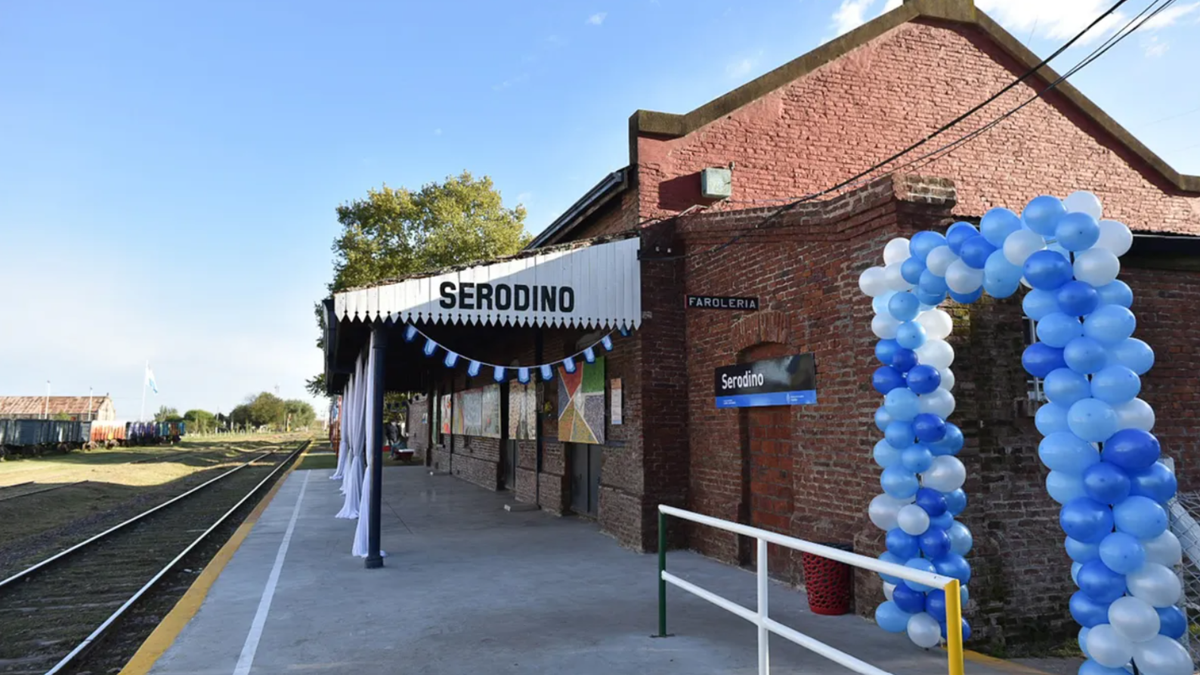This proposal was born as a result of the economic problems that the commune has. In this sense Drovetta confessed: “We are going through complex situations, the Tucuman train stopped after 35 years and we want the commuter train like Cañada-Rosario, Gálvez-Rosario and all that line. For that we must work and see how we can collaborate to improve this and try to bring knowledge, labor, new technologies”.
In relation to how the knowledge economy will work, Drovetta explained that the municipality, allied with some local businessmen, will buy “a Harvard that works to be able to decipher data chains and work for cryptocurrencies.”
The next step will be to transform those cryptocurrencies into Argentine pesos. “It is a pilot test from which we could obtain 60 or 70 thousand pesos per month depending on the fluctuation,” assured the mayor.
Regarding the legality of this action and that money, the mayor maintained that so far “there is no regulation because it is a new process”, he also added that “they are working with university professors who train accounting studies in Rosario and they are the ones who they are seeing how those taxes will be settled.”
When it came to answering where that monthly money would go, Drovetta pointed out: “One hundred percent of the profit will go to a local institution and that institution will have to present a project that will be financed.”
Isn’t it a risk? The journalists consulted the community President who clarified: “Here we have to separate, it is not that we buy cryptocurrencies and stipulate to buy or win, this is another thing is to generate cryptocurrencies with the decryption. We would always win here.”
The project will begin with six video boards that will be acquired with community and business investment and for the time being, the work will be carried out in the community itself. To close, the mayor of Serodino he claimed to be investing “in the future and knowledge.”
What is cryptocurrency mining?
Cryptocurrency mining is the process in which miners use computing power (hashing), to process transactions and earn rewards, in this case cryptocurrencies. That is, it is the process of adding new transaction records (like a ledger) as blocks to the blockchain. Or also, it is the process of recording blockchain transactions in exchange for a reward, delivered in the same type of cryptocurrency that is being mined. For example, if Bitcoin is mined, the reward is in BTC.
One of the main features is that it requires a large amount of computing power that can meet the mining requirement. A stable power grid must be guaranteed.
Mining requires specific software for the resolution of mathematical problems, and the verification of the legal transaction that confirms that a block is a block. These blocks are added to the public ledger (blockchain) every 10 minutes. When the transaction is resolved by the software, the miner receives a certain amount of digital coins.
Source: Ambito
David William is a talented author who has made a name for himself in the world of writing. He is a professional author who writes on a wide range of topics, from general interest to opinion news. David is currently working as a writer at 24 hours worlds where he brings his unique perspective and in-depth research to his articles, making them both informative and engaging.




